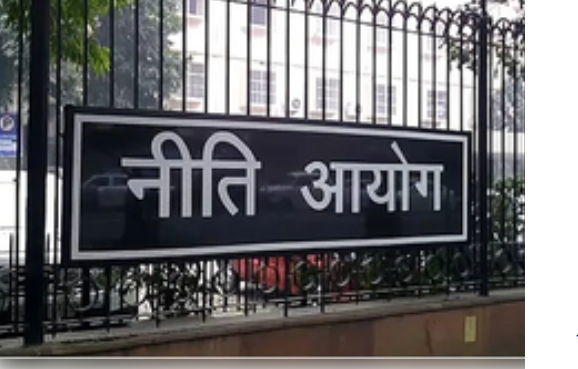Technology
NITI Aayog launches hackathon to accelerate zero-emission truck adoption in India

New Delhi, July 14
NITI Aayog, on Sunday, announced the launch of the GearShift challenge as part of the e-FAST India initiative.
The hackathon is in collaboration with Indian Institute of Management (IIM) Bangalore, Smart Freight Centre India, CALSTART/Drive to Zero, and WRI India.
It “will help foster innovative business models for the adoption of zero-emission trucks (ZETs) in India, and also address the nation's pressing economic and environmental challenges,” NITI Aayog said.
As part of the hackathon, students, transport service practitioners, academics, and researchers will develop innovative business models that address financial, technical, and operational challenges in the adoption of electric trucks.
In the first round, teams will submit their initial business models addressing a specific barrier -- technical, operational, or financial -- that is supported by high-level strategies and research.
Those shortlisted will then present detailed business models with an implementation roadmap, backed by both primary and secondary research.
The proposals will be mentored by industry leaders to ensure practical and impactful solutions, NITI Aayog said.
“India's freight sector is vital to the economy, ensuring the smooth delivery of goods to over 1.4 billion people. With road freight accounting for a staggering 55 per cent of India’s annual diesel consumption and nearly 40 per cent of carbon dioxide (CO2) emissions from road transport, there is an urgent need to transition to more sustainable solutions,” the apex public policy think tank said.
It noted that the “electrification of freight transportation is a key priority, as electric trucks offer a transformative opportunity to reduce emissions, improve air quality, and enhance energy security.”
“The GearShift Challenge marks a pivotal move towards sustainable freight transportation in India,” NITI Aayog said.
The hackathon will tap into the creativity and expertise of participants, and help generate practical solutions that will accelerate the adoption of zero-emission trucks. It will both benefit the economy and the environment.



































